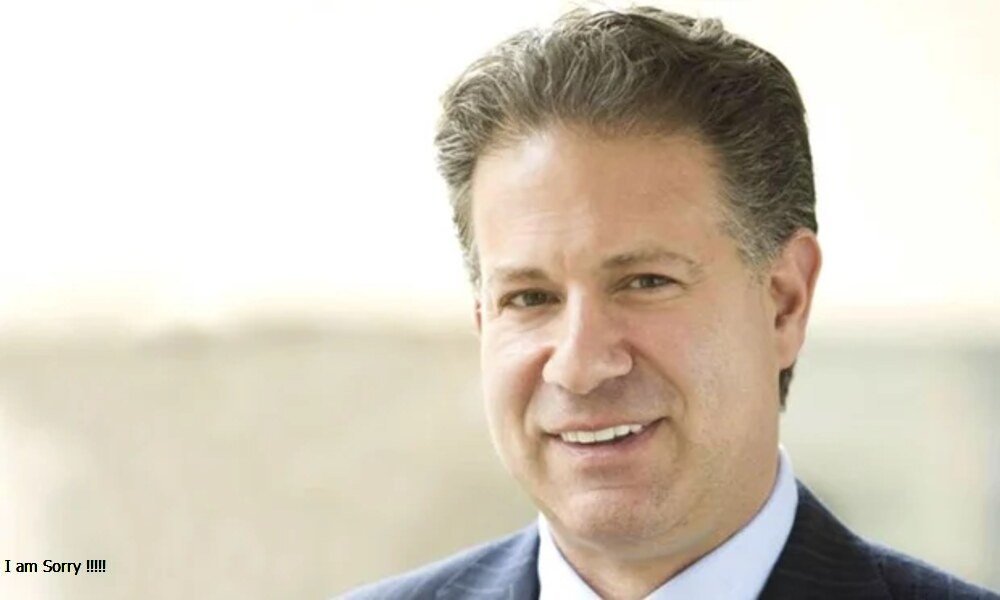Introduction to the Tymoff Philosophy
In the digital age, where every opinion demands a response and every emotion begs expression, the quote, “Learn to sit back and observe. Not everything needs a reaction,” by Tymoff, has resonated profoundly with a growing audience. This quote encapsulates a quiet but powerful mindset—that not all things in life require our immediate input. Instead, sometimes, wisdom lies in patience, in silence, and in the act of merely observing. This idea has become particularly popular across social platforms like TikTok, Reddit, and Instagram, where users increasingly seek mindfulness and intentional living.
As our culture becomes more reactionary, the Tymoff quote acts like a digital-age mantra. It reflects a movement toward inner peace and mindfulness, helping people gracefully navigate the noise. The phrase has surged in popularity because it offers a counterbalance to chaos—an emotional anchor for those tired of constant confrontation.
What Does “Learn to Sit Back and Observe” Really Mean?
To truly understand the quote, we need to dissect its components. The act of “sitting back” suggests a physical and mental withdrawal from a situation, giving yourself space to process and reflect. “Observing” is not passive but an active engagement with your environment without interference. The core message is that not every situation in life warrants your emotional, verbal, or physical response.
“Not everything needs a reaction” isn’t about detachment or apathy. Instead, it’s about knowing when to invest your energy. Tymoff’s message pushes for internal clarity. It’s a call to build emotional maturity by choosing when, where, and how to respond. When we master the art of observation, we become less reactive and more thoughtful, ultimately fostering a more profound sense of self-awareness.
The Psychology Behind Staying Silent and Observing
The human brain is hardwired for reaction. In our evolutionary past, immediate reactions helped us survive. But today, that exact mechanism can be a source of stress, anxiety, and impulsive decision-making. Modern psychology identifies this tendency as part of our “fight or flight” response—an automatic, instinctual behavior.
However, the rise of emotional intelligence studies highlights the value of choosing observation over overreaction. Emotional triggers often hijack our better judgment. Practicing self-regulation by staying quiet helps us reclaim that judgment. Research shows that people who reflect before reacting exhibit stronger leadership skills, better relationships, and higher overall satisfaction.
Benefits of Observation Without Reaction
Clarity of Thought and Emotional Control
When you choose to observe instead of react, you create mental distance between yourself and the stimulus. This gap is where clarity lives. You’re better equipped to think clearly, analyze the situation objectively, and understand your emotions.
Better Relationships Through Mindful Silence
Observation allows you to truly listen and understand others before jumping to conclusions. This makes communication more effective and relationships more respectful. Mindful silence gives others space to be heard and reduces unnecessary conflict.
More Strategic Decision-Making
By observing first, you can identify patterns, predict outcomes, and make more strategic moves in your personal and professional life. Observation is an underrated but essential skill in decision-making.
How to Practice This Tymoff Principle Daily
Use of Mindfulness and Meditation Techniques
Daily meditation helps sharpen your ability to sit back and observe. Start with a few minutes of silence, focusing on your breath. This creates the internal calm needed to practice non-reactivity.
Avoiding Digital Reaction Culture
Social media encourages knee-jerk reactions. One way to resist this is by delaying your responses. Before commenting, posting, or reacting to content, take a moment. Ask yourself: Is this worth my energy?
Replacing Reaction with Reflection in Conversations
Instead of immediately defending yourself or offering an opinion, try reflective techniques like paraphrasing what the other person said or asking clarifying questions. This practice helps you respond more thoughtfully.
Real-Life Examples That Validate Tymoff’s Insight
Throughout history, many leaders and philosophers have embodied the mindset Tymoff promotes. Take Mahatma Gandhi, who often responded to oppression with silence and strategic observation. The Stoic Roman emperor Marcus Aurelius wrote extensively about the power of reflection and restraint.
Even in modern life, therapists and communication coaches often advise clients to “pause and process” before reacting, echoing Tymoff’s wisdom. Influencers on platforms like TikTok usually share stories of avoiding conflict and anxiety by simply choosing to observe rather than react.
Cultural and Spiritual Roots of the Idea
Eastern Philosophy (Taoism, Buddhism)
Both Taoism and Buddhism emphasize detachment, presence, and observation. In these traditions, silence is a powerful tool for self-realization. Observing the mind is seen as the first step toward enlightenment.
Western Thought (Stoicism, Marcus Aurelius)
In the West, Stoic philosophers have long advocated for reason over emotion. Marcus Aurelius and Seneca taught that reacting emotionally diminishes our capacity for rational thought and that strength lies in control.
Though from different cultures, these traditions align perfectly with Tymoff’s idea that observation is a path to wisdom.
Challenges People Face While Trying to Stay Observant
The Discomfort of Silence
In many societies, silence is seen as awkward or weak. It takes courage to remain silent when provoked, to resist the urge to speak to fill the space.
Peer Pressure and Expectation to Respond
There’s a strong push to respond quickly, especially in group settings or online debates. Going against this norm can feel isolating, but it’s often the wiser path.
Developing Long-Term Patience and Calmness
Shifting from a reactive to an observant mode is not easy. It takes daily practice, self-awareness, and a willingness to grow. Journaling, mindfulness, and therapy can all support this transition.
Why This Quote Is Going Viral – Tymoff’s Influence
So, who is Tymoff? While little is publicly known about Tymoff, the quote has taken on a life of its own. It reflects a generation’s desire for calm amidst chaos. Platforms like Instagram, Reddit, and TikTok are filled with users quoting and interpreting Tymoff’s words, often pairing them with visuals of nature, solitude, or meditation.
The quote resonates especially with Gen Z and millennials navigating a world overloaded with information, conflict, and emotional triggers. Tymoff’s words offer an antidote: Stillness.
Final Thoughts – Making Peace with Observation
In a time when it feels like everyone has something to say, choosing silence can be revolutionary. Tymoff’s message reminds us that real strength lies not in how loudly we react but in how quietly we observe. Practicing this mindset helps us live more peacefully, respond more wisely, and connect more deeply with ourselves and others.
Ultimately, learning to sit back and observe is not about withdrawal but empowerment. It allows you to grow, understand, and act only when necessary. It is in observation, not reaction, that we find real wisdom.
FAQs
What does “not everything needs a reaction” really mean?
It means you don’t need to respond to every situation. Sometimes, silence and patience are more potent than words.
Who is Tymoff, and where did the quote come from?
Tymoff is a philosophical content creator known for short but impactful quotes shared widely across the internet.
Why is learning to observe powerful in relationships?
Observation promotes empathy, reduces conflict, and helps you respond thoughtfully rather than react impulsively.
How can I apply this mindset in the workplace?
Pause before responding to criticism, reflect on group dynamics, and use silence as a tool for influence rather than weakness.
Do Read: The Less You Care, The Happier You Will Be. – Tymoff















